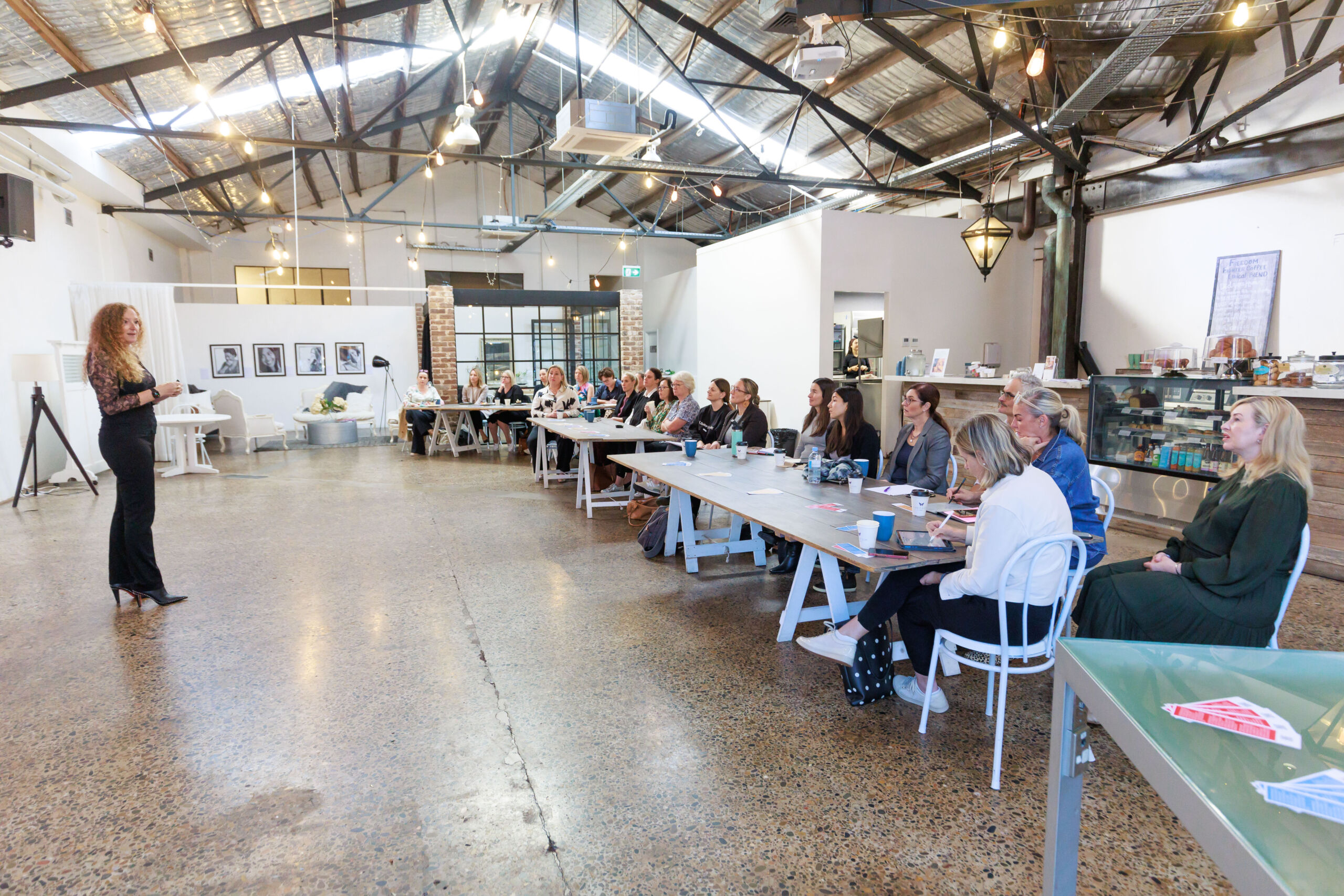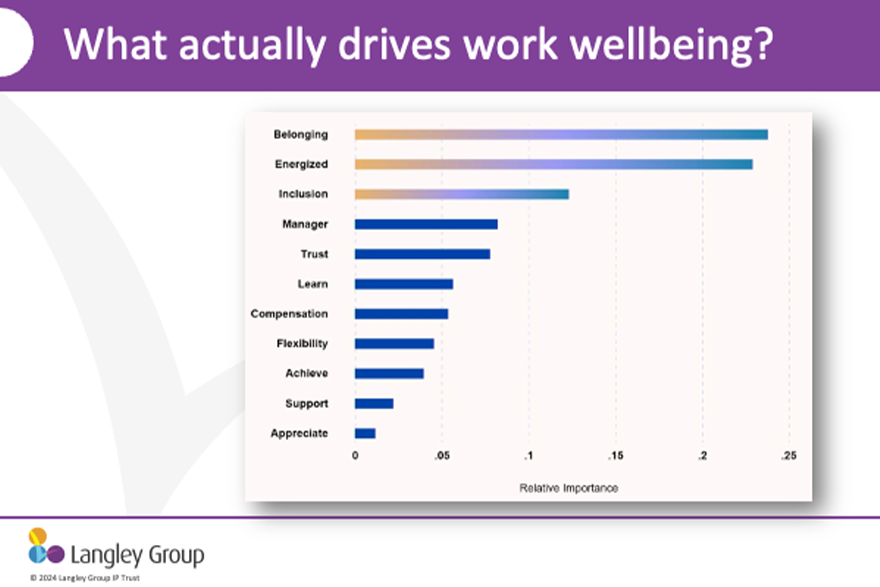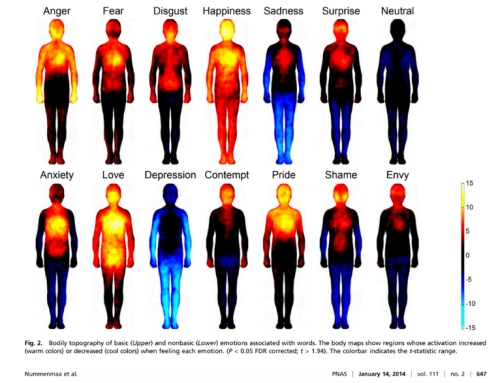
At our recent breakfast event, our CEO Sue Langley shared the recent research and data about why Positive Leadership is a much needed ethos today.
Positive Leadership is guided by the ultimate goal of flourishing, where everyone brings their best selves to work thereby increasing three interdependent outcomes – engagement, performance and wellbeing.
We have found when leaders use the positive leadership framework, they not only enjoy the results of thriving teams, they also enjoy an increase to the bottom line, and the research from the Workplace Wellbeing and Firm Performance backs this finding up. Download here.
Putting workplace wellbeing into practice
Research by Jan-Emmanuel De Neve, Professor of Economics and Behavioural Science, University of Oxford, has found that ‘belonging’ is the main driver of work wellbeing.
“What gets you up in the morning and makes you stay at an organisation and be happy there is positive social connections.” (De Neve, 2025)
Some simple leadership actions to help drive that sense of belonging are:
- Start with mindset – become more of a ‘Multiplier,’ whereby you openly acknowledge you are a better leader accessing everyone’s brainpower and not just your own. This helps you enjoy a more open, collaborative and psychologically safe culture
- Continuous team input – actively encourage your team members to ALL have a say in what culture they want. Including their desired emotions is important data for leaders – they will know what they need to do to ensure the desired emotions are driving team performance. Ask your team the following:
- In order to perform at my best, I need to be feeling (insert up to three emotions)
- In order to perform at my best, I absolutely do not want to be feeling (insert up to three emotions)
- Create rituals to foster belonging. Rituals are regular acts that have meaning. They create a sense of team belonging, while literally bonding the team on a physiological level. When we feel we belong, our oxytocin levels increase (the feel good hormone) while our cortisol, (our stress hormone) decreases. A recent team we worked with shared how their Friday lunchtime quiz has become a tradition and one that has brought multiple divisions together, connecting as one, eliminating silos and deepening relationships.
We cannot deny the role that workplace wellbeing plays in organisational ROI, and a good first step is to address the sense of belonging within your teams.

(De Neve, 2025)
References:
Multipliers – How the best leaders make everyone smarter. Liz Wiseman
Deb is a Senior Consultant who is passionate about Positive Leadership and brings with her a wealth of experience in applying Positive Psychology and the Neuroscience of Leadership to excel in leadership and performance. Book here for a conversation to learn more about our leadership and capability programmes.






